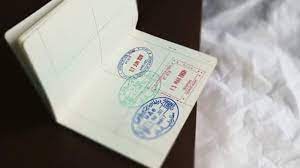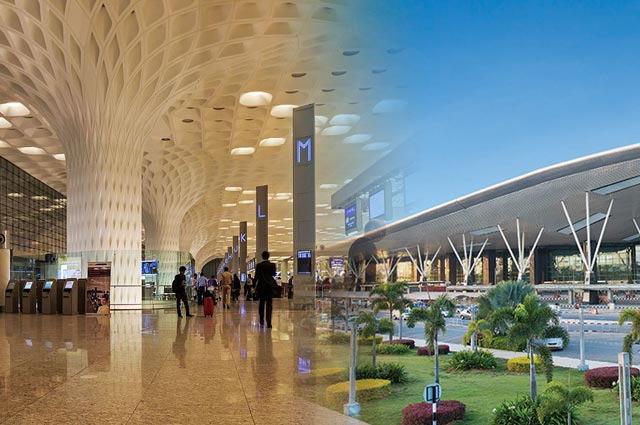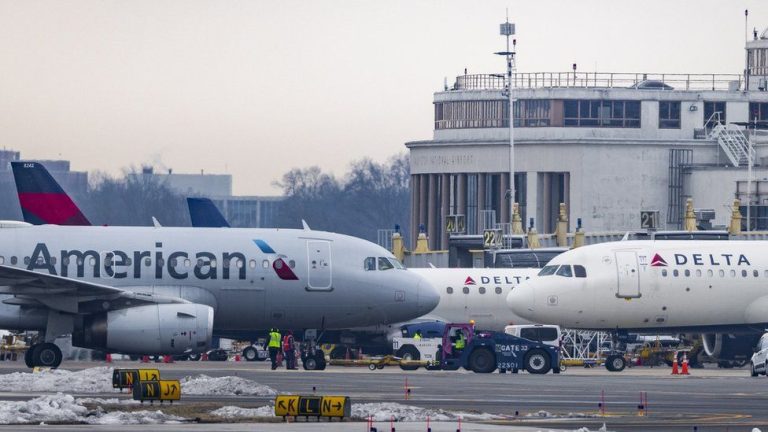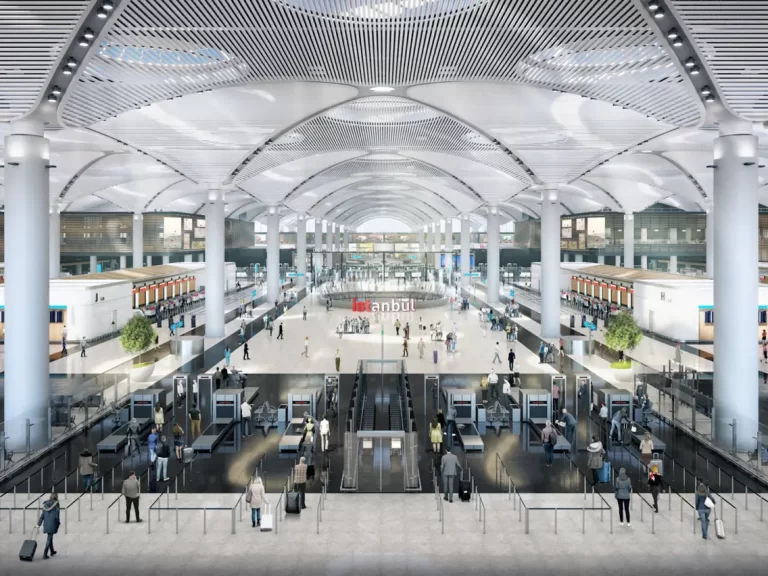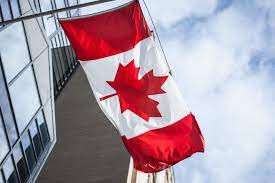Indian Visa for UK Citizens and Indian eVisa for British Citizens
India and the United Kingdom (UK) have a close trading relationship, with over six million British people living in India. However, despite being such close partners, there is currently no visa available for UK citizens to visit India on holiday, work or study. This leaves Britain keen to find a way to make things easier for themselves and Indian nationals living in the UK can now apply for an Indian eVisa from abroad!
What is an Indian Visa?
If you are a UK citizen and would like to visit India, then an Indian visa is the best way to travel. There are a few different types of Indian visas that you can apply for, depending on your nationality. Indian Visa for UK Citizens
The most common type of Indian visa is the tourist visa. This allows you to stay in India for up to 30 days and visit any number of attractions or places of interest. You must also bring your passport with you when applying for this visa, as it will be required in order to enter India.
If you are travelling to India for business purposes, then you may need to apply for an Indian eVisa. This type of visa is more complicated than a tourist visa and requires more documentation. However, it offers greater benefits than a tourist visa, including the ability to work in India. If you are planning on travelling to India for business purposes, then it is important to speak with an immigration lawyer before applying for an Indian eVisa.
How to apply for an Indian Visa?
To apply for an Indian visa, citizens of the UK should first obtain a visa application form from their nearest Indian embassy or consulate. The form should be completed and signed by the applicant and any accompanying family members.
The next step is to submit the form to the Indian embassy or consulate. The embassy or consulate will then process the application and send back a visa decision letter. If the applicant is approved for a visa, they will be required to pay the applicable visa fee and have their passport stamped with an immigration entry stamp. Indian eVisa for British Citizens
Types of Indian Visas
The Indian government has a visa policy for citizens of different countries. There are three types of visas that Indian citizens can obtain: eVisa, diplomatic visa, and tourist visa.
eVisa: An electronic travel authorization issued by the Indian embassy or consulate in your home country to allow an eligible foreign traveler to visit India for tourism or business purposes. Applications must be made through the Indian Ministry of Home Affairs website.
Diplomatic Visa: A visa granted by the Indian embassy or consulate to a foreign national who is either a representative of his/her government or an invited guest of the Indian government. Diplomatic visas are valid for one year and must be applied for through the Indian Ministry of Home Affairs website.
Tourist Visa: A visa granted by the Indian embassy or consulate to a foreign national who plans to visit India for tourism purposes only and does not intend to work, study, or stay more than 90 days in India. Tourist visas are valid for six months and must be applied for through the Indian Ministry of Home Affairs website.
How to apply for an eVisa from India?
If you are a UK citizen, you can apply for an eVisa from India. You will need to provide your passport details and visa application form. You will also need to provide evidence that you have sufficient funds to cover your stay in India. The application process can take up to six weeks. Once the application is processed, you will be notified of the outcome. If you are successful, your eVisa will allow you to enter and stay in India for up to 30 days.
If you are a British citizen and want to visit India, you need an eVisa. There are a few different types of eVisas available, depending on your nationality.
To apply for an Indian eVisa, you will first need to obtain a tourist visa from the Indian Embassy or High Commission in London. Once you have obtained your visa, you can apply online for an eVisa through the Indian Visa Application Centre (IVAC).
The IVAC website has detailed information on how to apply for an eVisa, including instructions on how to provide required documentation. You will need to upload a copy of your passport photo page, as well as proof of travel arrangements and funds sufficient for your stay in India. If you are applying for an eVisa on behalf of another person, you will also need to provide them with copies of their passport pages and travel documents.
Requirements to obtain an eVisa
To obtain an eVisa, you will need to have a valid passport from your country of residence, as well as a visa application form that has been filled out completely. You will also need to provide your name, date of birth, passport number, and other requested information. Once the application is complete, you will need to send it along with the required documents to the Indian embassy or consulate in your home country.
Possibilities after you receive your eVisa
After you receive your eVisa, there are many possibilities for you to explore in India. Some of the things you can do include shopping in the markets and bazaars, visiting temples and archaeological sites, touring luxury resorts and getting a glimpse of the famous Indian culture. Additionally, you may want to check out some of the popular tourist destinations in India such as Mumbai (formerly known as Bombay), Goa, Delhi or Bangalore.

